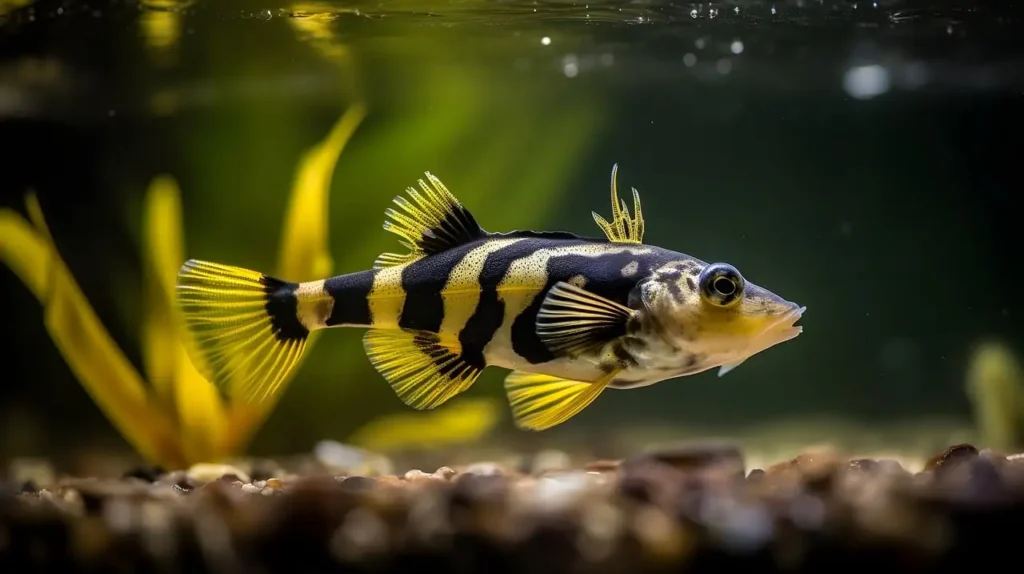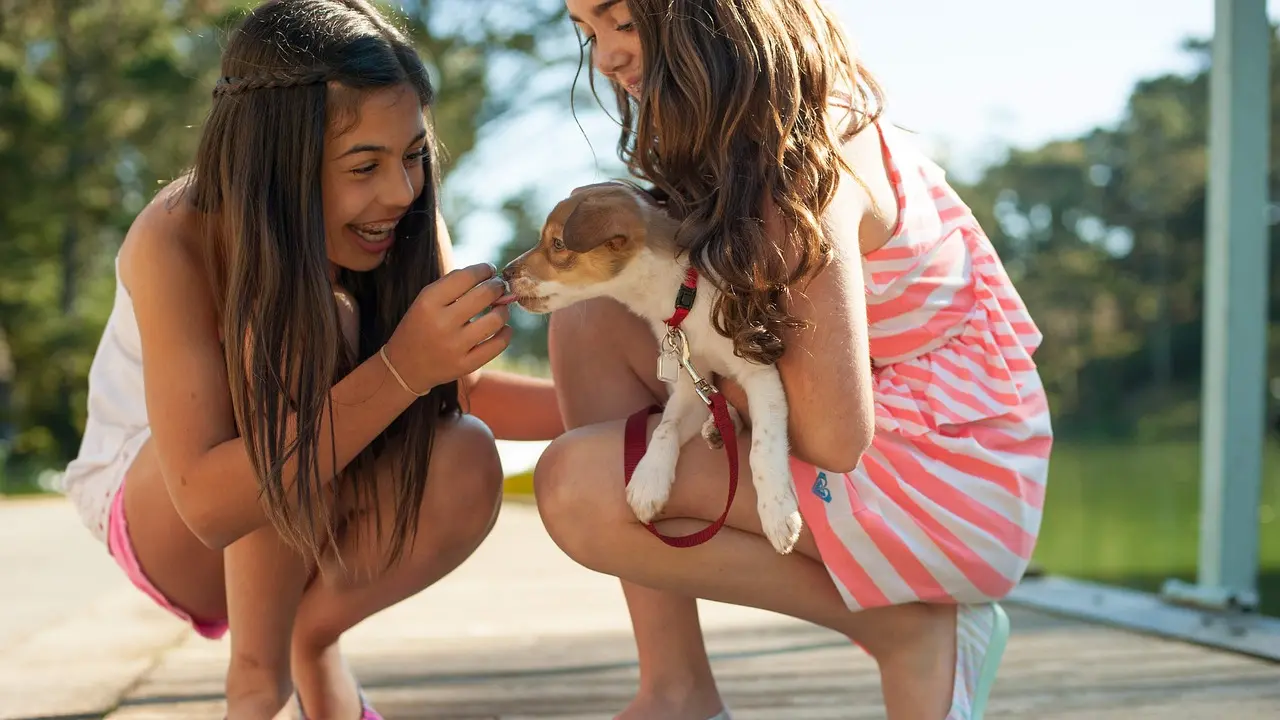Table of Contents
Children and pets share a unique bond that can be incredibly rewarding for both parties involved. From fostering responsibility to providing companionship and unconditional love, pets play a significant role in a child’s development and well-being. However, not all pets are suitable for young ones, and choosing the right one requires careful consideration. In this guide, we’ll explore some of the best pets for kids, taking into account factors such as temperament, maintenance, and safety.
Dogs: Best Pets For Kids
Dogs are often hailed as the ultimate family pet, and for good reason. Their loyal and affectionate nature makes them wonderful companions for children of all ages. From small breeds like Beagles and Shih Tzus to larger breeds such as Labradors and Golden Retrievers, there’s a dog to suit every family’s lifestyle and living situation.
Dogs not only provide constant companionship but also encourage kids to be more active through play and outdoor activities. They teach responsibility as children learn to feed, groom, and care for their furry friend.
However, it’s essential to choose a dog breed known for its gentle temperament and compatibility with children. Proper training and socialization are also crucial to ensure a harmonious relationship between the dog and the child. With the right care and attention, a dog can become an invaluable member of the family and a beloved childhood companion.
Cats
Cats are renowned for their independent nature and low-maintenance care, making them ideal pets for families with busy schedules or limited space. These graceful creatures provide endless entertainment with their playful antics and quirky personalities, captivating children and adults alike.
Unlike dogs, cats require minimal supervision and can thrive in both indoor and outdoor environments. They provide companionship without demanding constant attention, making them suitable for children who prefer a more laid-back pet. Cats also offer emotional support and comfort through their soothing purrs and gentle presence, especially during times of stress or anxiety.
When choosing a cat for a family pet, consider factors such as age, temperament, and activity level. While some cats are more outgoing and affectionate, others may be shy or reserved, requiring patience and understanding to build trust and rapport with their human companions. With proper care and attention, a cat can become a cherished member of the family, providing love, companionship, and endless joy to children of all ages.
Guinea pigs
Guinea pigs are gentle, social creatures that thrive on human interaction and companionship, making them ideal pets for kids who crave cuddles and affection. These small rodents are known for their docile nature and adorable squeaks, captivating children with their charming personalities and playful antics.
Guinea pigs are relatively low-maintenance pets, requiring a spacious cage, fresh water, hay, and vegetables for a balanced diet. They enjoy daily interaction and enrichment activities, such as supervised playtime outside the cage and opportunities to explore new toys and tunnels.
When considering a guinea pig as a pet for your child, it’s essential to understand their social nature and housing requirements. Guinea pigs are social animals that thrive in pairs or small groups, so it’s best to adopt more than one to prevent loneliness and ensure their well-being. With proper care and attention, guinea pigs can make delightful companions for children, teaching them compassion, responsibility, and the joys of caring for a small animal.
fish

For families seeking a low-maintenance pet that still offers educational value and aesthetic appeal, fish can be an excellent choice. Setting up a freshwater or saltwater aquarium provides children with an opportunity to learn about aquatic ecosystems, marine life, and the importance of environmental stewardship.
Watching colorful fish swim gracefully through the water can be both mesmerizing and calming, offering a sense of tranquility and relaxation. Aquariums also serve as a focal point for learning, sparking curiosity and fostering a deeper appreciation for the natural world.
Fish require regular feeding and maintenance to ensure their health and well-being, making them suitable for children who are ready to take on responsibilities but may not be ready for the full-time commitment of a dog or cat. However, it’s essential to research different fish species and their care requirements to create a suitable habitat and ensure the long-term health and happiness of your aquatic pets.
Birds
Birds are intelligent, social creatures that can form strong bonds with their human caregivers, offering companionship, entertainment, and endless chirps of joy. From colorful parrots and cockatiels to melodious canaries and budgerigars, there’s a bird species to suit every family’s preferences and lifestyle.
Birds provide visual and auditory stimulation, brightening up any room with their vibrant plumage and cheerful songs. They enjoy interactive play and mental enrichment, such as puzzle toys, perches, and opportunities for flight within a safe and supervised environment.
When choosing a bird as a pet for your child, it’s essential to research different species and their care requirements to ensure a suitable match. Birds require a spacious cage, a nutritious diet, and regular socialization to thrive in a domestic environment. With proper care, attention, and training, birds can become cherished companions for children, teaching them valuable lessons about empathy, patience, and the joys of caring for a feathered friend.
Rabbits: Playful Pals with Boundless Energy
Rabbits are playful, affectionate pets that can bring endless joy and laughter to a household. With their soft fur, twitching noses, and floppy ears, they capture the hearts of children and adults alike, making them popular choices for family pets.
Rabbits are intelligent animals that enjoy interactive play and mental stimulation. They thrive on social interaction and can form strong bonds with their human companions, often enjoying cuddles and gentle strokes. Rabbits also have unique personalities, with some being more outgoing and adventurous, while others may be more reserved or shy.
When considering a rabbit as a pet for your child, it’s essential to provide a spacious enclosure with plenty of room to hop, run, and explore. Rabbits also require a diet rich in hay, fresh vegetables, and a small amount of pellets to maintain their health and well-being. With proper care, attention, and enrichment, rabbits can make delightful pets for families, teaching children valuable lessons about compassion, responsibility, and the joys of animal companionship.
Conclusion
Choosing the right pet for your child is a decision that should be made carefully, taking into account factors such as temperament, maintenance, and safety. Whether you opt for a dog, cat, fish, guinea pig, rabbit, or bird, each pet offers unique benefits and opportunities for learning and growth.
Pets provide companionship, comfort, and unconditional love, enriching the lives of children and fostering a sense of responsibility, empathy, and connection to the natural world. By selecting a pet that suits your family’s lifestyle and preferences, you can create a lasting bond that brings joy and fulfillment to both your child and their furry, feathered, or scaly friend.







